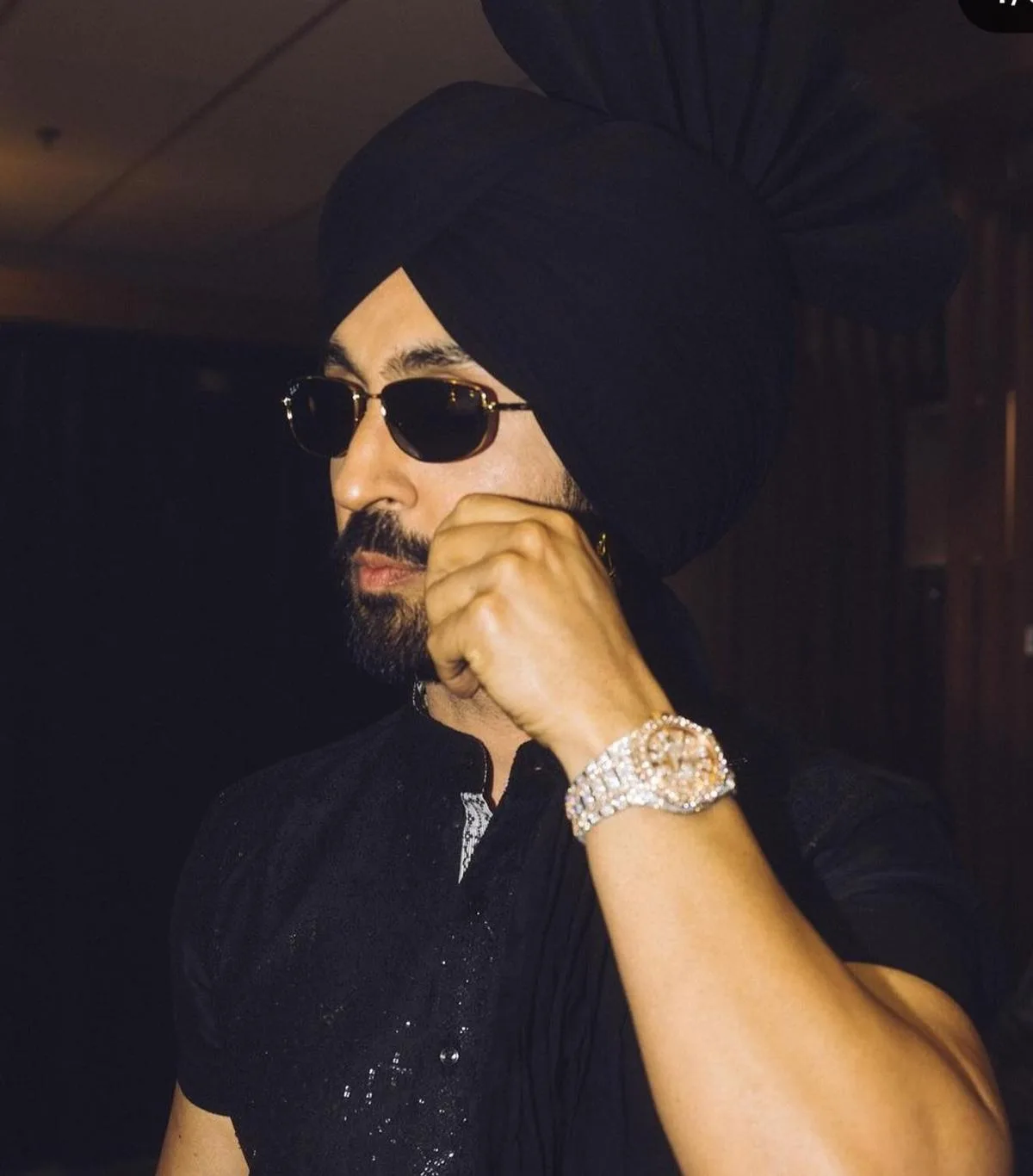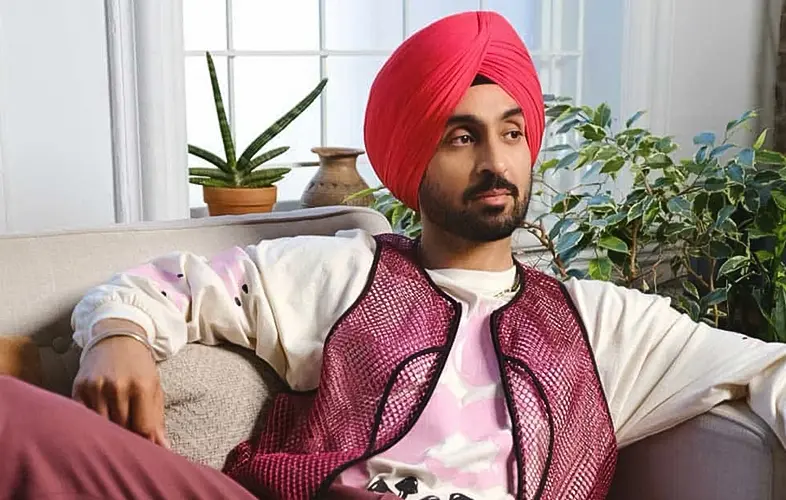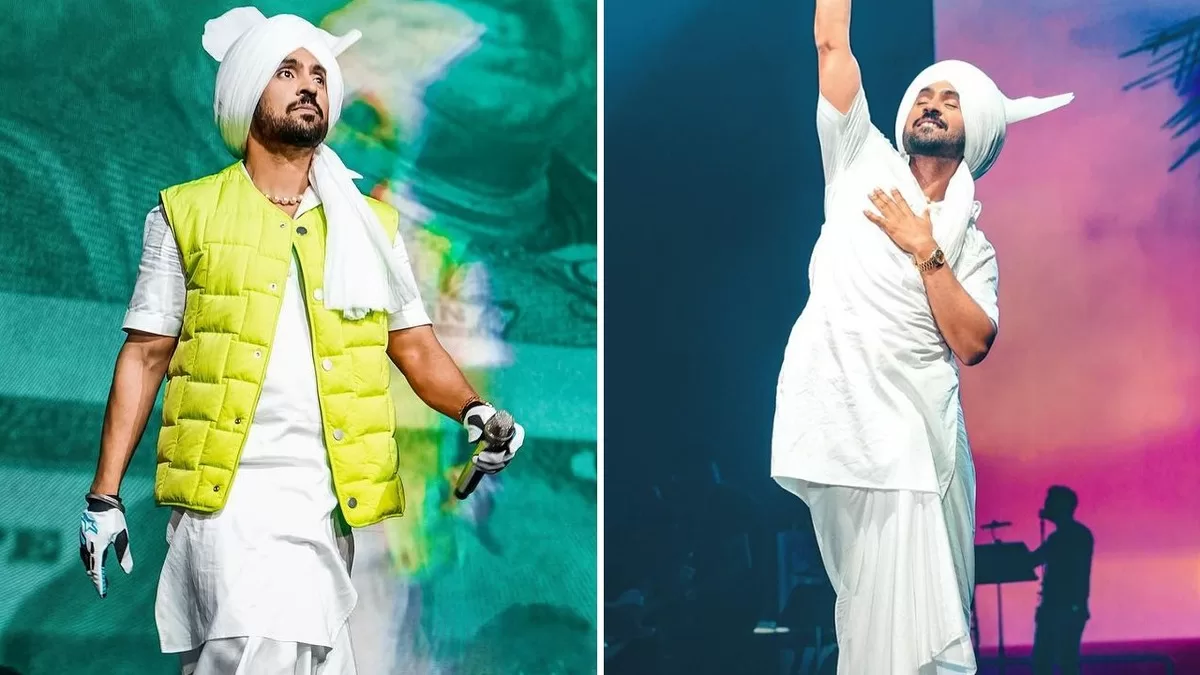Punjabi singer-actor Diljit Dosanjh has taken a firm stand against a television anchor who criticised him for featuring lyrics related to alcohol in his songs. In a video posted on Instagram on Friday, Diljit addressed his audience in Lucknow and questioned the perceived double standards in censorship, urging the same rules to be applied to Indian cinema.
Diljit expressed his frustration with being singled out as a musician, calling it unfair. Referring to the anchor’s challenge to create hit songs without alcohol references, Diljit listed several successful tracks, such as Born to Shine, GOAT, Lover, Kinni Kinni, and Naina, which have outperformed his alcohol-themed song Patiala Peg. “Your challenge doesn’t count,” he said, emphasising that his body of work extends far beyond one theme.

The singer also addressed the broader issue of censorship, suggesting that Indian films should face the same scrutiny if such restrictions are imposed on music. “In Indian cinema, the bigger the gun, the bigger the hero. Which big actor hasn’t featured in a song or scene related to alcohol? If you want censorship, apply it universally,” he remarked, calling out the hypocrisy.
Diljit further criticised the tendency to target artists as “soft targets.” He reminded the anchor of the accolades his work has garnered, including National Awards for his films. “Our work isn’t cheap. It’s easy to run disclaimers during concerts, but singling out musicians feels like targeting,” he asserted.

The controversy erupted after the Telangana government issued a notice ahead of Diljit’s Hyderabad concert, instructing him to avoid songs glorifying alcohol, drugs, or violence. This notice followed a similar trend from his Ahmedabad concert, prompting the singer to speak out against what he sees as selective targeting of musicians.

Diljit concluded his video by challenging the media to report accurate news, accusing them of spreading misinformation about him. “If you spread wrong news, it’s fake news. I challenge you to run the correct news,” he said.

The row has sparked a larger debate about freedom of expression and the unequal treatment of different artistic mediums, with Diljit firmly defending his artistry and calling for fairness.



